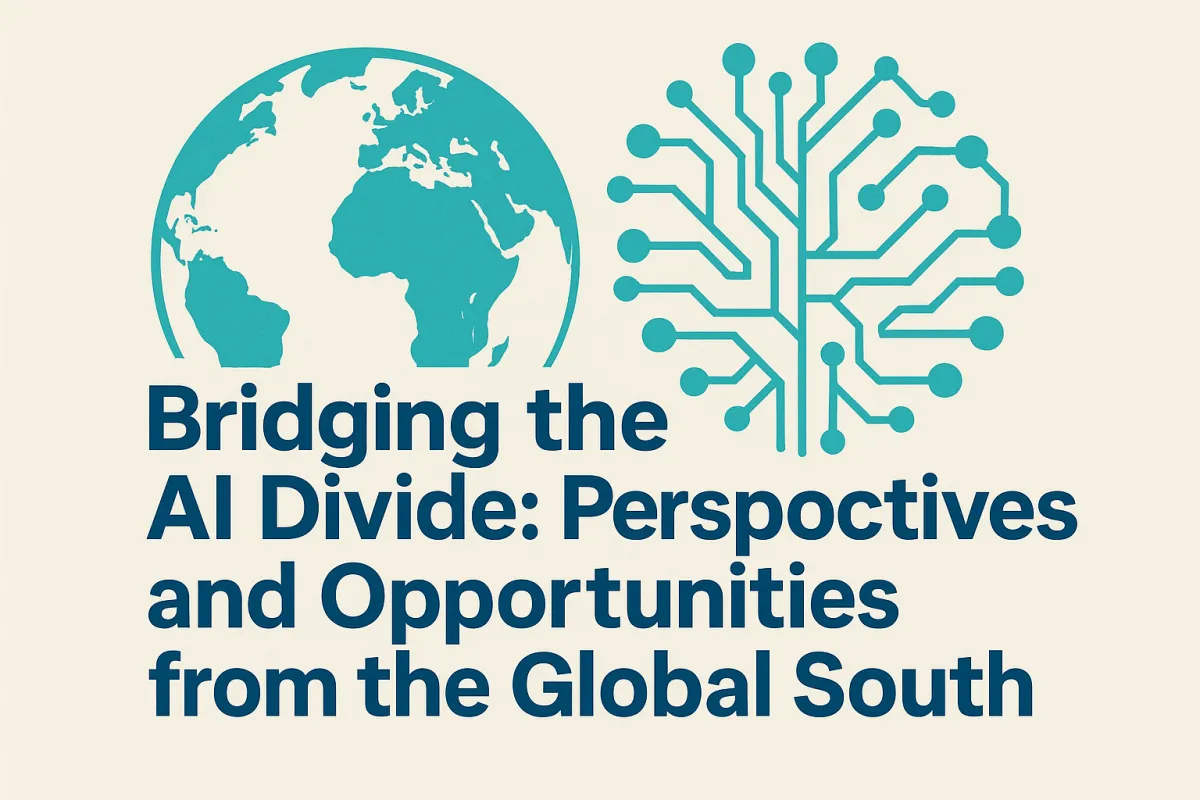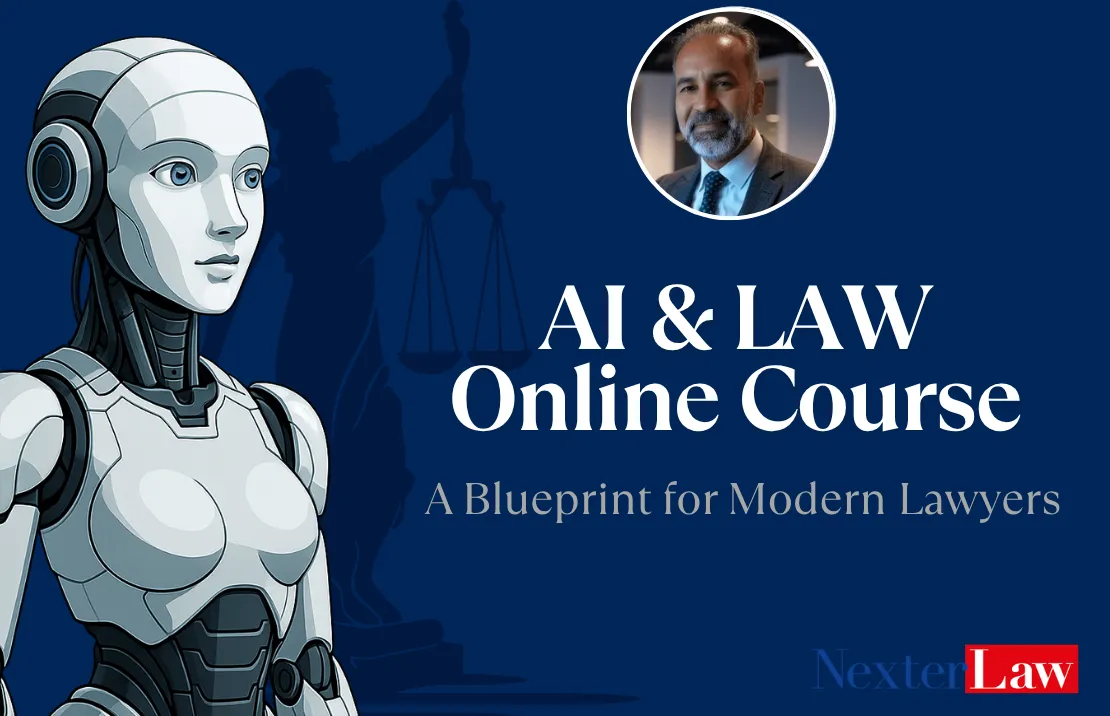Blog Post

Bridging THe AI Divide: Perspectives and Opportunities from the Global South
A New Narrative in the Global AI Landscape
Bridging THe AI Divide: Perspectives and Opportunities from the Global South
A New Narrative in the Global AI Landscape
The Historical Roots of the Digital Divide
Current Landscape: Progress with Purpose
Major Challenges to AI Adoption
Opportunities for Growth and Global Leadership
The Role of International Collaboration
Introduction:
The Global South—home to nearly 85% of the world’s population—is no longer a passive consumer of advanced technology. As artificial intelligence (AI) reshapes industries, economies, and societies, countries across Africa, Southeast Asia, Latin America, and the Caribbean are stepping into leadership roles. The era of AI is being redefined—not just by its technical advancements, but by who builds, owns, and governs it.
The Historical Roots of the Digital Divide
Historically, the Global South has faced significant developmental hurdles: colonial legacies, underfunded education systems, and infrastructural deficits. These barriers have slowed AI adoption and deepened inequality. Yet, these same regions are now seizing AI as a leapfrogging opportunity—using it to bypass traditional paths of industrialization and address deeply rooted social challenges.
Current Landscape: Progress with Purpose
Despite infrastructural and educational challenges, nations across the Global South are launching bold, context-specific AI initiatives. From digital health diagnostics in Kenya to agritech innovations in Brazil, AI is being harnessed not to mirror Western models, but to solve region-specific problems in ways that reflect local values and realities.
Major Challenges to AI Adoption
1. Infrastructure Deficits
Unreliable internet and power systems prevent widespread deployment of AI technologies.
2. Data Fragmentation
Limited and siloed datasets, often governed by unclear regulations, hinder the development of high-quality, inclusive AI models.
3. Social and Ethical Hurdles
Bias in AI systems often reflects historic inequalities. Without inclusive data and transparent systems, marginalized communities risk being further excluded.
4. Educational Gaps
Many regions lack AI-specific curricula, and the digital skills divide continues to widen—especially in rural areas.
5. Investment Shortfalls
AI development requires sustainable, long-term investment. Most Global South countries still rely on donor funding or external partnerships.
Opportunities for Growth and Global Leadership
- Agritech and Sustainability
Countries like Brazil are revolutionizing agriculture with AI, optimizing yields while promoting ecological balance.
- Local Innovation and Startups
Initiatives like India’s Atal Innovation Mission are nurturing local tech entrepreneurs, creating grassroots AI solutions.
- Public-Private Partnerships
By fostering collaboration between governments, academia, and the private sector, AI innovation ecosystems are forming across the Global South.
- Sustainable Development Goals (SDGs)
AI can help track and achieve SDG indicators—especially in health, education, and poverty alleviation—if development is inclusive and ethically aligned.
The Role of International Collaboration
The Global South must not only adopt AI, but co-create it. International partnerships must shift from extractive models to equitable collaborations. Joint research initiatives, diaspora engagement, and technology transfers are crucial to building local capacity and asserting digital sovereignty.
Conclusion: From Followers to Futurists
Artificial Intelligence in the Global South is no longer a matter of catching up—it's about stepping forward. By designing AI for local needs and championing ethical, inclusive governance models, the Global South is poised to influence the very future of intelligent technologies. The world cannot afford to overlook this rising force—not only for reasons of equity, but for the innovation that emerges when diversity is embraced.
References:
(See original PDF for full citations—sources include Stanford Open Virtual Assistant Lab, Foreign Policy, UNCTAD, Modern Diplomacy, and CIGI among others.)












